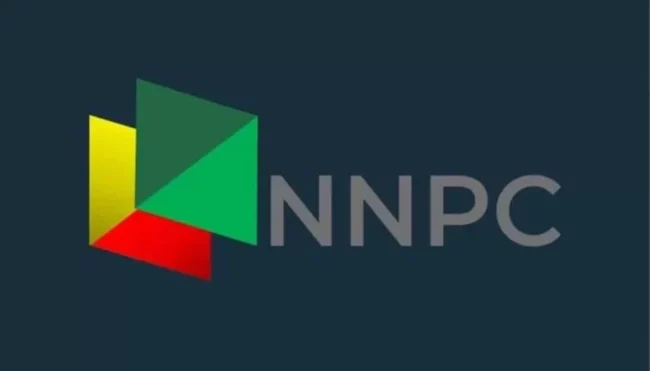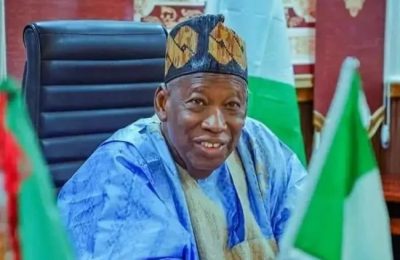
NIGERIA’S debt to fuel suppliers has surpassed $6 billion – doubling since early April – as the Nigerian National Petroleum Company (NNPC) Ltd struggles to cover the gap between fixed pump prices and international fuel costs, six industry sources told Reuters.
However, when Saturday Tribune contacted NNPC Ltd’s Chief Corporate Communications Officer, Femi Soneye, on Friday evening for his reaction to the debt claim, he said simply in an SMS: “False. Did they name the marketers they claim we supposedly owe? Let them name them.”

President Bola Tinubu announced an end to expensive fuel subsidies last year, allowing pump prices to triple. But NNPC capped pump prices shortly afterward as citizens chafed under rising cost of living.
The cap, coupled with a naira crash, allowed the subsidy to creep back. The Federal Government expects the subsidy to cost at least $3.7 billion this year.
Analysts, non-governmental organisations and even government officials have slammed the subsidy for years as wasteful and corrupt. But Nigerians, who get few government services, have long seen cheap fuel as their right, especially in the current cost-of-living crisis.
Last week, deadly riots forced Kenya’s debt-burdened government to cancel planned tax rises, casting a shadow over efforts elsewhere to inflict any further pain on citizens stung by rising inflation.
Senegal’s energy subsidy bill remains high, at 3.3 percent of GDP, while Egypt and Angola are also trying to axe subsidies to shore up state finances.
NNPC began struggling early this year when late gasoline payments surpassed $3 billion.
The company has still not paid for some January imports, traders told Reuters, and the late payments amount to $4 billion to $5 billion. Under contract terms, NNPC is meant to pay within 90 days of delivery.
“The only reason traders are putting up with it is the $250,000 a month (per cargo) for late payment compensation,” one industry source said.
Reuters reported quoting source that at least two suppliers already stopped participating in recent tenders after hitting self-imposed debt exposure limits to Nigeria, meaning they will not send more petrol until they receive payments.
Traders thrive in risky environments, but they place limits on how much credit they allocate per trade in order to avoid too much exposure on one borrower. These limits vary by company based on their size and where they operate.
As a result, Nigeria’s tenders to buy fuel in June and July were smaller, traders said. NNPC will import via tender about 850,000 tonnes in July, down from the typical one million tonnes in previous months, two of the sources told Reuters.
Fresh fuel queues have already started to form in Lagos and Abuja this week, and some Abuja stations stopped selling fuel.
Saturday Tribune observed on Friday that most filling stations in Abuja were under lock and key which gave black marketers a field day to make brisk business. Ten liters of petrol sold for between N12,000 and N15,000 and this affected transport fare.
Passengers were stranded at major bus stops across the metropolis due to non-availability of fuel for motorists to buy and those who had fuel transferred the extra cost to the people.
Some of the motorists who spoke to Saturday Tribune expressed sadness at the turn of events, saying the government of President Tinubu had failed to look into the corruption bedevilling the oil sector despite being the substantive Minister of Petroleum like his predecessor, Muhammadu Buhari.
Nigeria, Africa’s largest oil exporter, imports virtually all its fuel due to years of neglect at its state-owned oil refineries. The newly opened 650,000 barrel-per-day Dangote refinery has not yet produced marketable fuel, and is selling other fuels abroad.
The country has few savings to fall back upon as corruption and wasteful spending have eaten up decades of oil revenues. Cash-strapped NNPC has also mortgaged much of its spot oil cargoes, limiting what it can sell for cash.
ALSO READ: Video: We’ve what it takes to turn around Nigeria’s economy in months — Dangote







